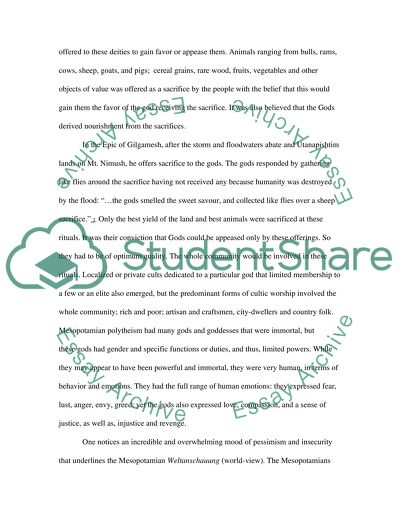Cite this document
(“Mesopotamia Essay Example | Topics and Well Written Essays - 1500 words”, n.d.)
Retrieved from https://studentshare.org/history/1530537-mesopotamia
Retrieved from https://studentshare.org/history/1530537-mesopotamia
(Mesopotamia Essay Example | Topics and Well Written Essays - 1500 Words)
https://studentshare.org/history/1530537-mesopotamia.
https://studentshare.org/history/1530537-mesopotamia.
“Mesopotamia Essay Example | Topics and Well Written Essays - 1500 Words”, n.d. https://studentshare.org/history/1530537-mesopotamia.


